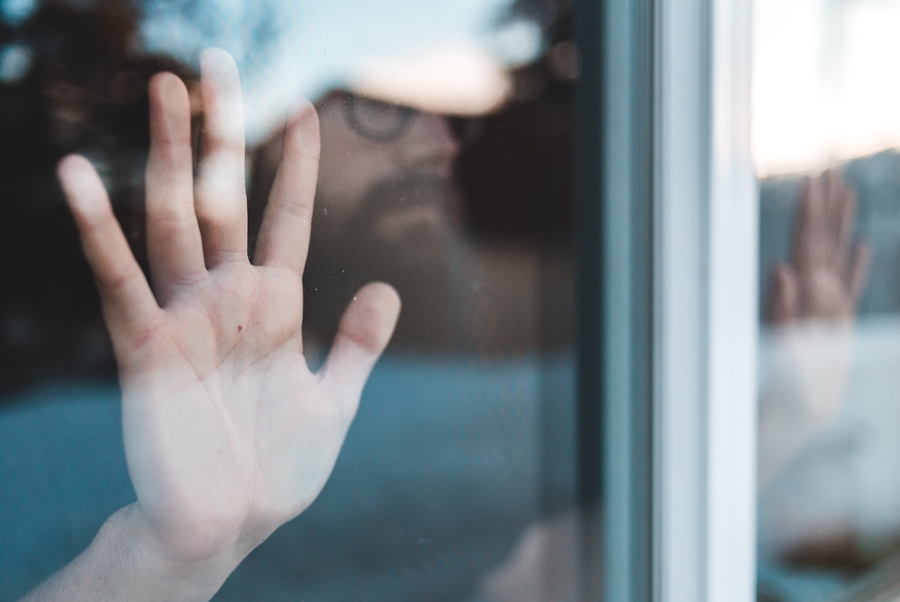An exasperated call from a friend of mine during a lockdown described the weary situation of kids during the COVID-19 pandemic. My friend’s child, as he told me fumingly, is attending his elementary school classes online. As expected, it didn’t go smoothly.
By the time parents managed to set up all systems, they started to thoroughly sympathize with luddites. Only the teacher struggled more than the parents. The kids, meanwhile, were locked down, without fresh air, friends, or adventures.
Lockdowns and various restrictions have been going on for almost two years now, a considerable percentage of a child’s life. In fact, so considerable that it is habit forming, and its imprint may be long lasting.
Just imagine a generation for whom freedom of assembly, freedom of travel, and, in some cases, freedom of speech are not self-evident. And it’s barely thirty odd years after Central Eastern Europe shook off the yokes of communism.
I do not doubt that, given the early data, lockdowns and restrictions seemed like a good solution, and that they contributed to slowing down the infection rate. Looking back on the more stringent measures, we can now see what worked best, and data suggest that in many cases people changed their behavior without a government restriction to minimize exposure.
At that point, we must consider that the restrictive measures that slowed the pandemic down did not come without side effects. Children were very much affected by stay at home orders. Family violence increased and the mental state of youth deteriorated.
Piling up on these, we do not yet know the long-term unintended consequences, such as how a generation that grew up during lockdowns will think about certain rights, which my generation that grew up right after the fall of communism thought to be unalienable.
Early research suggests that it is difficult to go back to the civic liberties we are used to once their erosion has taken hold on society. Liberals must be vigilant to safeguard these liberties against authoritarian measures, while also ensuring that due diligence is shown in the need for temporary inconveniences to slow the pandemic down.
The age-old debate of how much people can be trusted and how much government intervention is needed has never been more pressing, and despite the easing of restrictions it this topic should be a high priority for liberals, lest the liberal democracy will be yet another victim of COVID-19.



